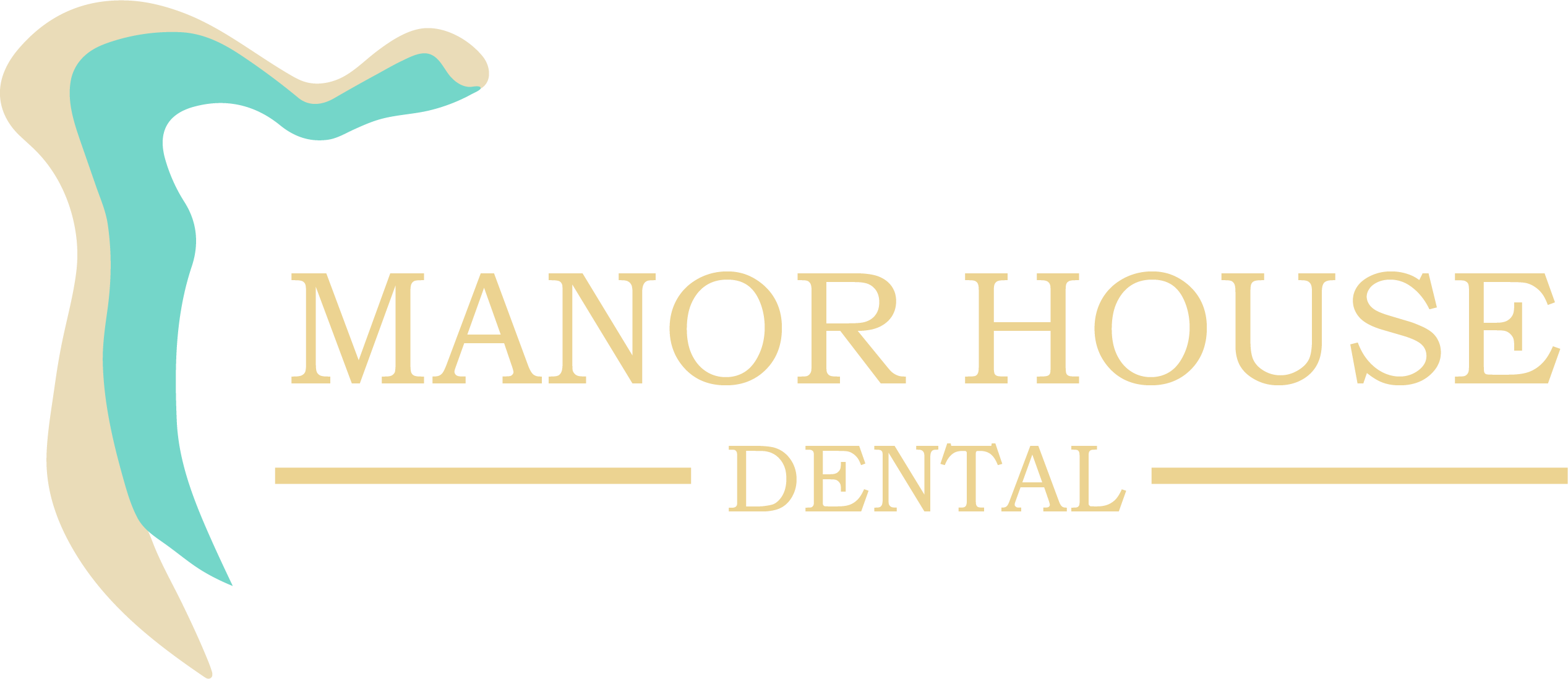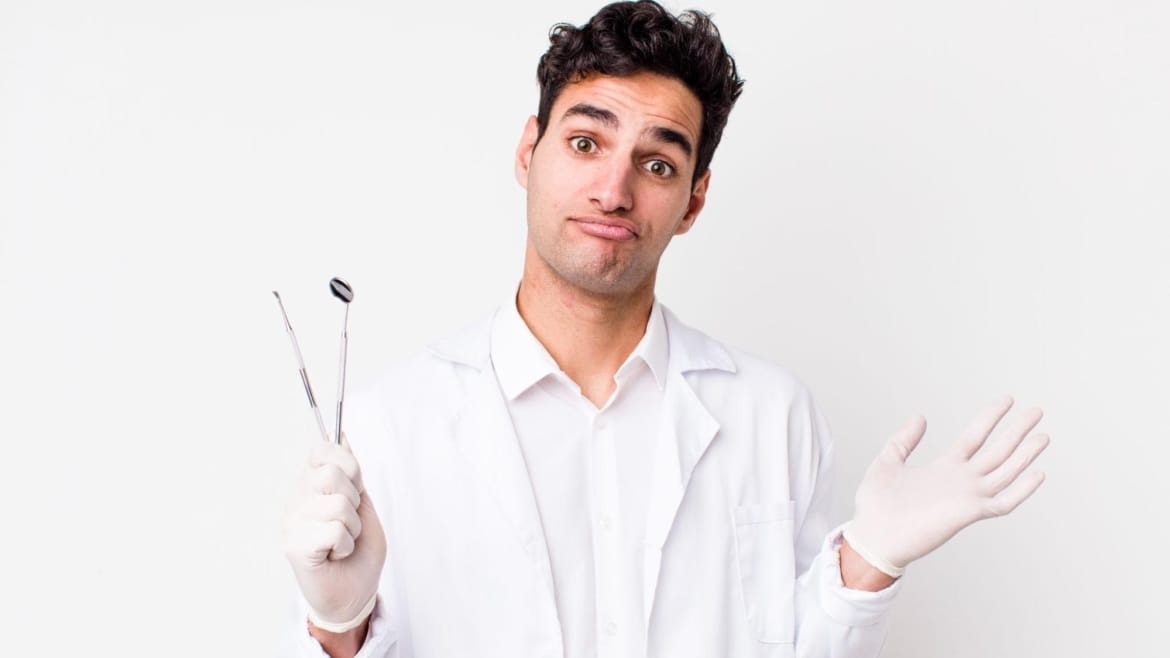What Is A Dental Hygienist?

A dental hygienist’s job involves preventative work. They evaluate patients’ dental health, focusing on finding and treating gum diseases. Dental hygienists are trained in taking care of teeth and gums by removing tartar and plaque.
Hygienists can also offer valuable advice on maintaining a healthy diet. Patients can use this advice to avoid dental issues such as tooth decay and maintain a healthy lifestyle.
The main difference between a dentist and a dental hygienist is that a dental hygienist specialises in cleaning, scaling and polishing teeth. A dentist has a broader range of skills to treat and restore teeth and gums. Dental hygienists and dentists are both registered dental professionals.

What Does a Dental Hygienist Do?

A dental hygienist will begin by completing a visual scan of your mouth, gums and teeth for any areas of concern. They will then carry out an oral cancer screening then examine each tooth individually. This is known as a basic periodontal examination. Once your basic periodontal examination is completed, your dentist will then remove any plaque from your teeth.
Advice on improving your dental health and a possible treatment plan will then be provided. To fix severe issues with your teeth, cleaning may not be substantial. Once your teeth are in good health your dentist may suggest a smile makeover, teeth whitening or composite bonding to achieve the beautiful smile you desire.
Dental Hygienist Procedures

Most dental hygienists perform oral health assessments. Dental hygienists process and interpret dental radiographs, remove calculus and stains from the teeth, and remove plaque.
They also apply preventative materials such as dental sealants (plastic coatings on the surface of back teeth) and fluoride to guide patients on optimal oral health and teach patients oral hygiene techniques. This may include repeat appointments, surgical techniques or a detailed cleaning of each tooth.
It can take as little as two weeks to notice good results with proper oral hygiene, dental care, and regular visits to a dentist for check ups and cleanings.
Can Hygienists Do Fillings?
If your dental hygienist is trained to do so, they may complete fillings under the dentist’s advice. Dental therapy is a separate qualification, but dental hygienists usually have both this and a hygiene qualification. They will be trained to complete many dental procedures, including most fillings.
How Important Is Dental Hygiene?
Tooth decay and gum disease are the leading causes of tooth loss. Gum disease takes years to develop and is mostly painless. It is crucial to book regular hygiene appointments to stay on top of concerns such as gum disease that can only be noticed by a trained professional. A good hygienist spends a lot of their time correctly educating patients to brush and floss.
Dental Hygienist Appointment
To book a hygienist appointment with a highly trained and experienced oral hygiene professional, contact Manor House Dental today! Our dentists and hygienists are excellent at what they do and have generated a wealth of success stories. Visit our smile gallery today to see our amazing results.

